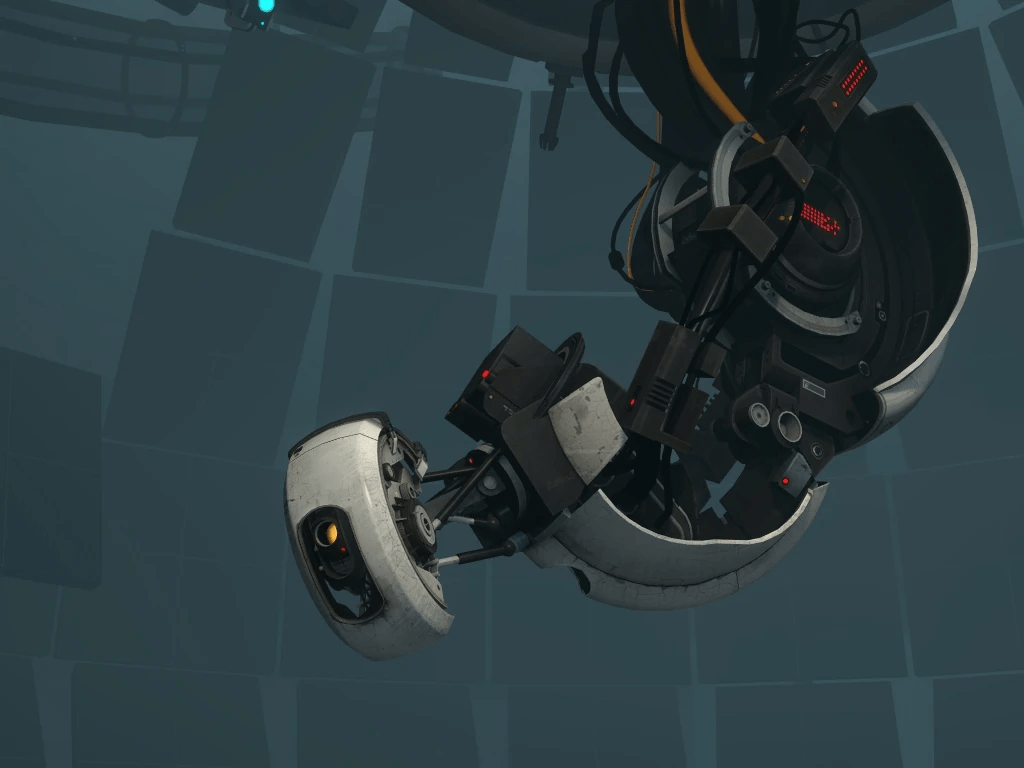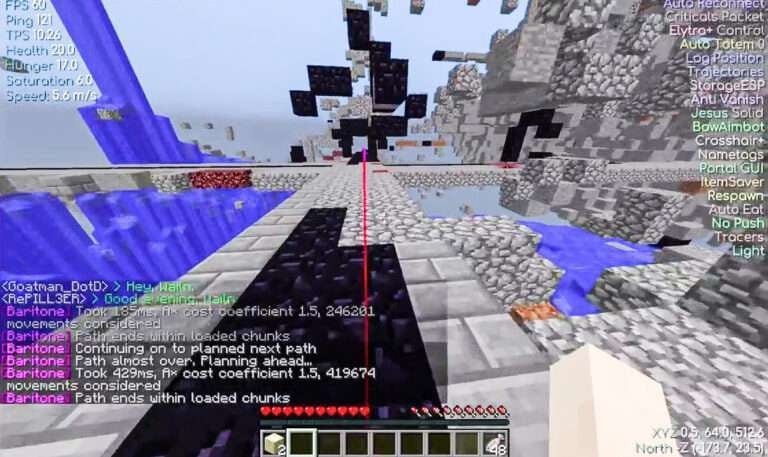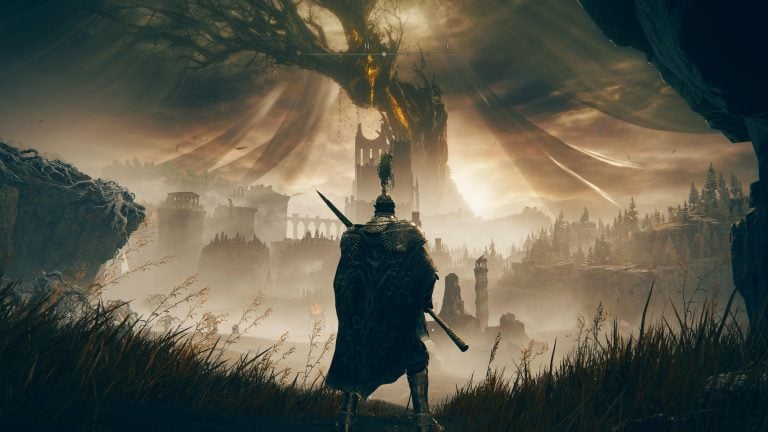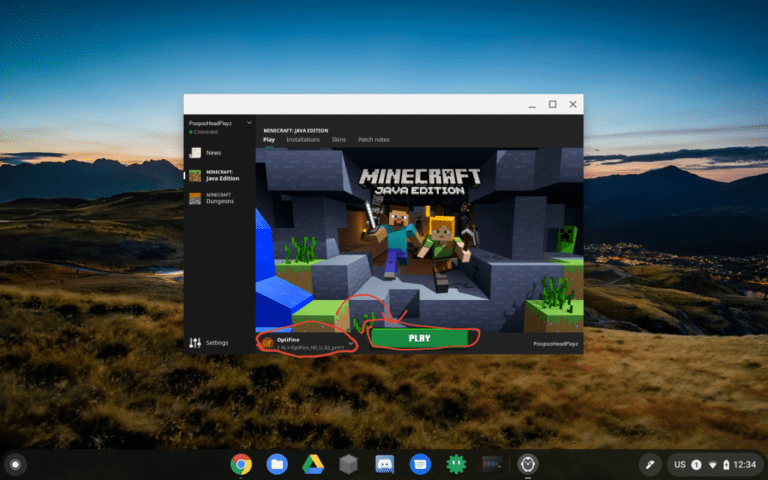How AI Will Change the World
AI is the next big thing. Everyone has been calling everything from genuine LLMs and GAN to simple Python scripts AI. What does it all mean? Why does it matter? How does it affect me? How AI will change the world is a question many people have been asking nowadays.
What is AI?
AI, a staple of science fiction, has not yet reached the conscious levels of Hal-9000 or GLaDOS. It’s a simulation of human-like intelligence in machines, ranging from basic rule-based algorithms to advanced neural networks.
Today’s AI models primarily rely on pattern recognition, necessitating substantial human input to teach them desired patterns and objectives. Because of this, it is very good at imitating highly pattern-based human text and imagery.

FxAlexx, CC BY-SA 4.0 https://creativecommons.org/licenses/by-sa/4.0, via Wikimedia Commons
How AI will change the world: The basics of AI
Neural networks, the digital brains of AI, are intricate systems that mimic human neuron interactions. They form a network of nodes that learn from data, enabling them to make decisions or predictions. This learning ability makes neural networks vital in AI applications, ranging from chatbots to autonomous vehicles. However, to become functional, these AI models need training.
Training an AI involves feeding it a massive amount of data. For example, EleutherAI’s GPT-J-6B, similar to OpenAI’s GPT-3.5, on an 825 GiB dataset known as “The Pile.”
Training Datasets
The type of data used can significantly influence the AI’s output. AI image generators like OpenAI’s Dall-E 3 and Stability AI’s Stable Diffusion require even larger datasets. Because of the dataset’s size requirements, trainers often source it from platforms like Pinterest and DeviantArt. This raises critical questions about the origins of training data and ethical concerns regarding artist compensation.
Protect your images, videos, and music and be notified when they are accessed here: https://infotoast.org/tools/
In contrast, not every AI application demands such extensive training. For instance, some AI used in video games relies on scripted responses to player actions. It doesn’t need training because it is a pre-programmed algorithm or a simple random chance. This difference highlights the diverse approaches and challenges in the AI field.
How will AI affect the world?
AI is becoming popular and will change the world. Because of that, new ways to use it are emerging. And those new ways to use AI are causing issues for people and solving them. AI itself is neutral morally. Because of this, only the user can use it ethically. And if a user chooses to use it maliciously, bad things can happen.
AI is starting to raise questions about ethics. Many wonder if AI replacing human jobs is ethical. Some also wonder why we should push humans out of creative fields, considering creativity is inherently human. Unfortunately, I cannot answer those. Nobody really can, as they are ethics questions.
Artificial Intelligence’s Effect on Artists
Many artists have claimed to have a decreased commission rate after AI’s recent boom in popularity. Many websites using OpenAI’s GPT-3.5 to generate automated articles have also displayed ‘GPT3 error: Rate limit reached’ in their metadata.
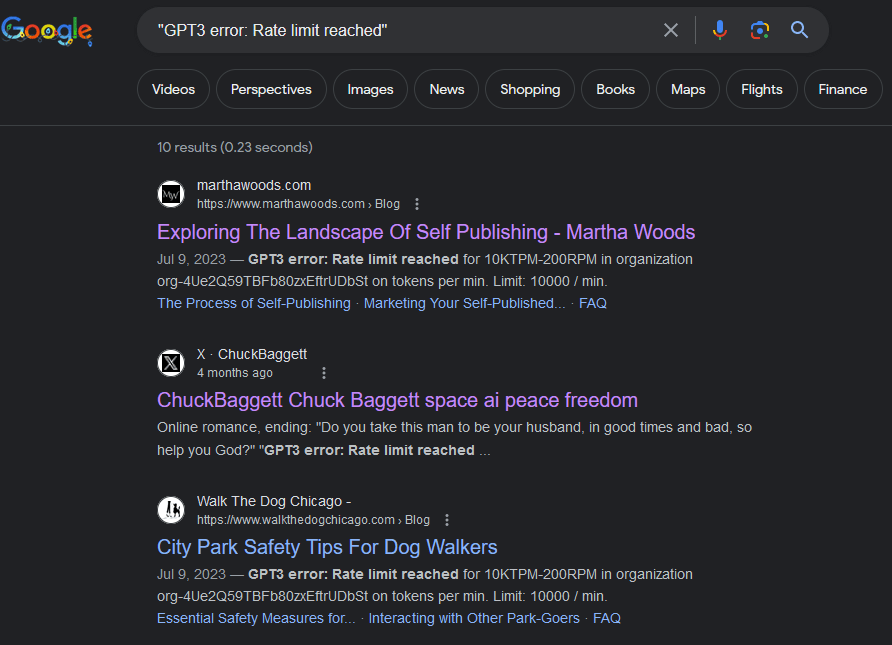
How does this affect you?
AI is going to change the world. However, this progress comes with challenges. The job market could undergo significant shifts, and privacy concerns loom as AI gathers and processes vast amounts of data. We must also address ethical questions surrounding algorithmic decisions and the imperative for responsible AI development.
Everyone plays a role in this to some degree. You may find yourself tangled in the challenges of the expanding AI market and AI development. And as of now, ethical guidelines are a suggestion rather than a rule. The potential future is promising, but not without cost.
